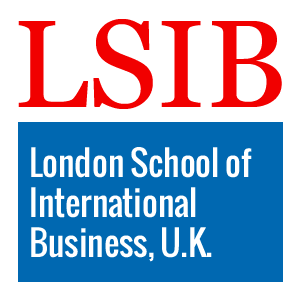Graduate Certificate in Global Health Preparedness
Published on June 23, 2025
About this Podcast
HOST: Welcome to our podcast, where we explore innovative courses and the insights of experts in their fields. I'm thrilled to introduce our guest today, an experienced professional in global health preparedness. Can you tell us a bit about your background and how you got involved in this area? GUEST: Thanks for having me! I started my career as a healthcare worker, then moved into public health policy. I've seen firsthand the importance of being prepared for global health crises, which led me to teach this Graduate Certificate in Global Health Preparedness. HOST: That's fascinating. The course emphasizes crisis management and resilience building. In your experience, what are some key aspects of effective crisis management in global health? GUEST: Effective crisis management involves strong communication, coordination, and adaptability. It's crucial to have clear channels of communication between different sectors and levels, from local communities to international organizations. HOST: I see. And how does the course address building resilience in public health systems? GUEST: We focus on strengthening infrastructure, improving data collection and analysis, and fostering collaboration. By building robust systems, we can better respond to emergencies and recover more quickly. HOST: That sounds comprehensive. Now, let's talk about real-world case studies integrated into the curriculum. How do these help learners understand global health dynamics? GUEST: Case studies provide practical examples of global health challenges and showcase various responses. They help learners connect theoretical concepts to real-world situations, enhancing their comprehension and application of knowledge. HOST: Absolutely. Now, what are some challenges faced in the field or while teaching this subject, and how does the course address them? GUEST: One challenge is the rapidly changing nature of global health threats. We continuously update the course content to reflect current trends and emerging issues. Additionally, we focus on fostering critical thinking and problem-solving skills to help learners adapt to new challenges. HOST: Great to know the course stays up-to-date. Finally, how do you see the future of global health preparedness, and what advice would you give to professionals in this field? GUEST: I believe global health preparedness will become increasingly important as we face new challenges and threats. My advice to professionals is to stay informed, be adaptable, and continuously build their skills and knowledge to be ready for whatever comes next. HOST: That's inspiring and practical advice. Thank you so much for joining us today and sharing your insights on the Graduate Certificate in Global Health Preparedness. We hope this conversation has sparked interest in exploring the program further.
